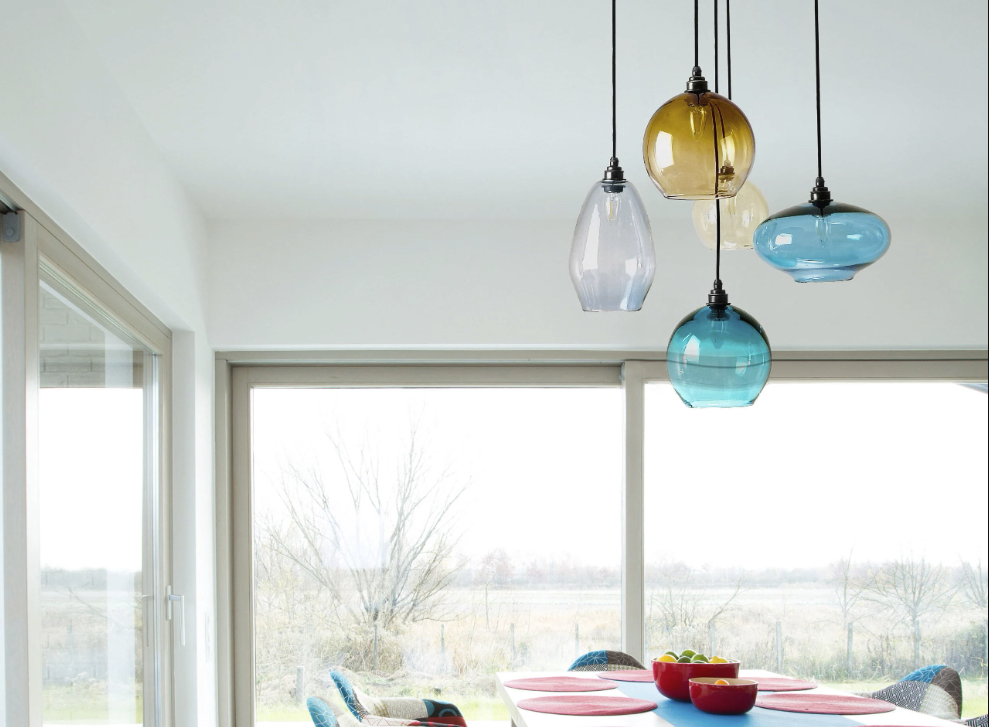Birmingham, the second-largest city in the United Kingdom, is known for its rich history, diverse community, and vibrant culture. One of the city’s most notable attributes is its commitment to sustainable development, particularly in the field of urban lighting. Birmingham’s leaders have recognized the vital role that lighting plays in creating safe, enjoyable, and efficient urban environments. Thus, they have invested heavily in research and development to create innovative lighting solutions that enhance the city’s infrastructure while reducing energy consumption and mitigating light pollution.
The Importance of Urban Lighting
Urban lighting serves numerous critical functions in modern cities. It provides security by illuminating public spaces, streets, and buildings. It creates ambiance and fosters the development of civic pride. It facilitates commerce by enhancing visibility and accessibility. However, conventional urban lighting systems consume vast amounts of energy, generate excessive heat, and produce harmful light pollution, which can disrupt ecosystems and affect human health. Therefore, sustainable urban lighting solutions are vital to meet the needs of growing cities while protecting the environment and public health.
Birmingham’s Sustainable Lighting Strategy
Birmingham’s leaders recognize that sustainable urban lighting solutions must balance energy efficiency, environmental considerations, and community needs. Thus, they developed a comprehensive sustainable lighting strategy that includes the following objectives:
1. Reducing Energy Consumption
Birmingham aims to reduce energy consumption by developing more efficient and innovative lighting technologies, such as LEDs, that can reduce energy consumption by up to 80% compared to traditional lighting systems. Moreover, the city has implemented energy management systems that can monitor and control lighting levels to minimize unnecessary energy consumption.
2. Reducing Light Pollution
Birmingham recognizes that excessive light pollution can have adverse effects on natural habitats, wildlife, and human health. Therefore, the city has adopted lighting zoning regulations that limit the amount of artificial lighting in sensitive areas, such as parks and nature reserves. Additionally, the city has invested in state-of-the-art shielding technologies that direct light only to where it is needed and mitigate glare and light spill.
3. Enhancing Safety and Security
Birmingham has employed lighting technologies that enhance safety and security in public spaces. For instance, the city has installed motion sensors and timed lighting systems that improve visibility and deter criminal activity. Additionally, Birmingham has implemented intelligent lighting systems that can adjust lighting levels in real-time based on the number of people in an area or weather conditions.
4. Fostering Civic Pride
Birmingham recognizes that lighting can enhance the city’s ambiance and promote civic pride. Thus, the city has invested in lighting installations that create a unique sense of place and highlight its rich history and cultural diversity. For instance, Birmingham has an award-winning lighting installation called “The Big Hoot,” which features 97 giant owl sculptures lit up in different colors to raise awareness about the city’s conservation efforts.
Results and Future Directions
Birmingham’s sustainable lighting strategy has achieved significant results in enhancing the city’s infrastructure and promoting sustainable development. For example, the city has estimated that through the implementation of LED lighting technologies, it saved over £1.1m per year in energy costs, while reducing CO2 emissions by over 4,000 tonnes per year. Additionally, Birmingham has received several international awards for its lighting initiatives, including the European Lighting Design Awards in 2016.
Looking ahead, Birmingham aims to continue its commitment to sustainable urban lighting solutions by investing in even more innovative technologies, such as smart lighting and autonomous vehicles. By doing so, Birmingham will remain at the forefront of sustainable urban development, creating a brighter future for its citizens and beyond.
Birmingham’s commitment to sustainable urban lighting solutions is a testament to its dedication to enhancing the quality of life for its citizens, promoting sustainable development, and mitigating the adverse effects of climate change. Birmingham’s comprehensive lighting strategy serves as a model for other cities to emulate by demonstrating that investing in sustainable development initiatives can create environmental and socioeconomic benefits. By moving towards a more sustainable and efficient urban lighting system, Birmingham is leading the way to a brighter, more sustainable, and more inclusive future.




